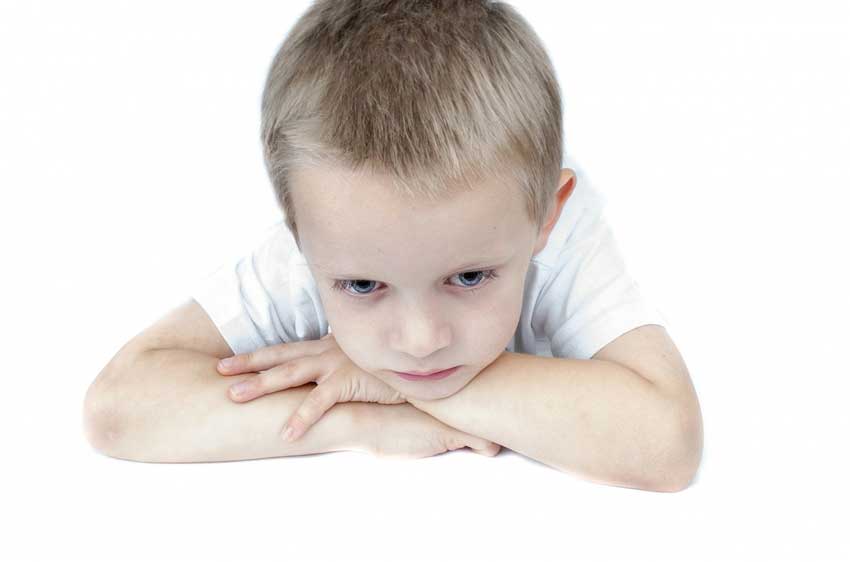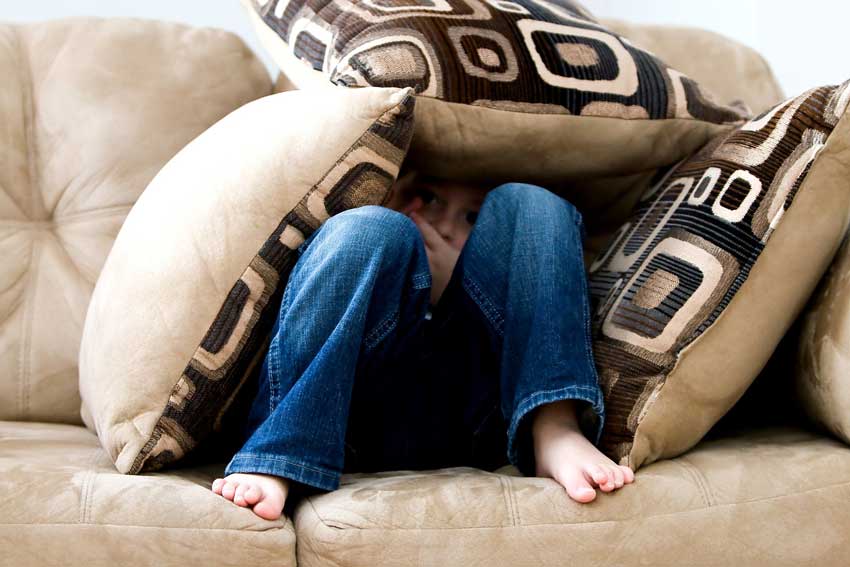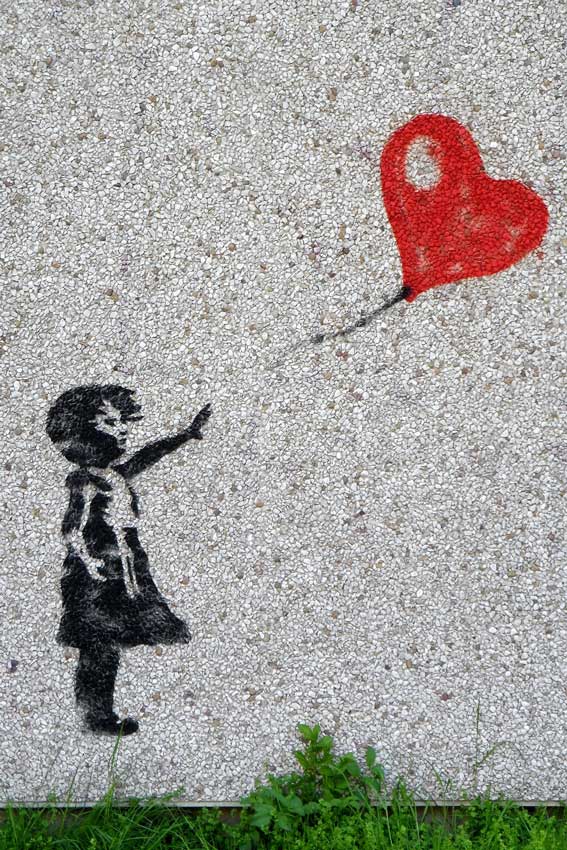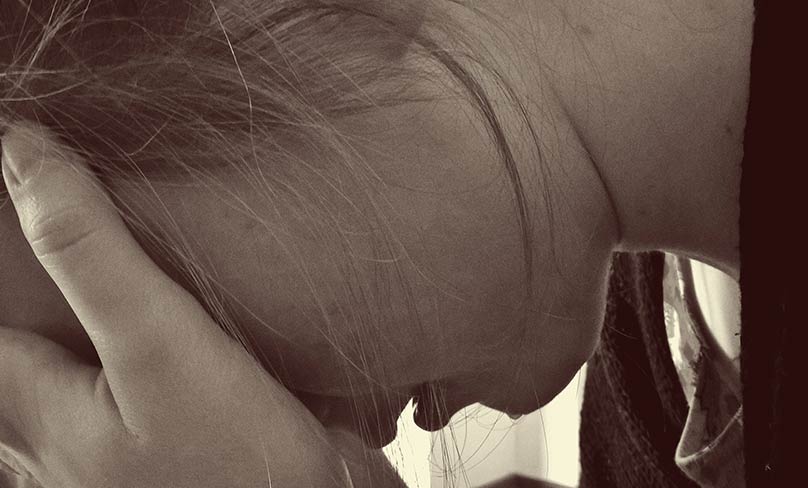 Article courtesty of raisingchildren.net.au
Article courtesty of raisingchildren.net.au
This Friday is the National Day of Action Against Bullying and Violence. Bullying can be frightening, and physically and emotionally damaging for children.
Schoolchildren and even preschoolers can experience bullying. If you’re worried your child is being bullied, you can look for physical, emotional, social and other signs.
Bullying can happen face to face. It can also happen online – for example, if children send harassing texts or post negative comments about others online. This is cyberbullying.
Related article: Inside the mind of a school bully
If friends or peers disagree or even argue, or if someone says something mean once, it can be unpleasant and even nasty. But it isn’t bullying. Bullying is mean and hurtful behaviour that happens over and over again.
Spotting signs of bullying
Your child might tell you that she’s being bullied. For example, she might say that other children are teasing her, making fun of her, putting her down, laughing at her, calling her names, ignoring her or threatening her.

If your child doesn’t say anything but you’re worried, here are some signs to look out for.
Physical signs
- bruises, cuts and scratches
- torn clothes
- missing property
- poor eating or sleeping
- bed-wetting
- complaints about headaches or tummy aches
Requests for money or other items
The bully might be demanding money or things like lunch box treats from your child.
School or preschool problems
- not want to go to school
- stay close to teachers during breaks
- start sitting alone
- have difficulty asking or answering questions in class, or have trouble with schoolwork or homework
- stop taking part in school activities
Social changes
Your child might avoid social events that he used to enjoy, like parties. Or you might notice that he’s:
- being excluded at lunch and recess
- losing contact with classmates after school
- being chosen last for teams and games

Emotional changes
Your child might seem unusually anxious, nervous, upset, unhappy, down, teary, angry, withdrawn and secretive. These changes might be more obvious at the end of weekends or holidays, when your child has to go back to school.
These signs don’t necessarily mean your child is being bullied. They could be signs of other issues, like depression. If you’re concerned, speak to your GP or other health professional.
There’s no single way to tell if your child is being bullied. The way your child reacts to bullying will depend on how bad the bullying is, as well as your child’s personality.
See related article: Shocking Teen Abuse at an All-Time High
Supporting a child who’s being bullied
Show your child lots of love. You can show love in a way that suits your child’s age and maturity. It might be a hug or a pat on the back, or just telling your child you love them.
Actively listen to how your child is feeling – for example, ‘It sounds like you’re being left out of a lot of things. That must really hurt’.
Let your child know that what’s happening won’t last forever – for example, ‘Things will get better. You can talk to me anytime, and I’ll help you make sure it gets better’.
Make sure your child knows that the bullying isn’t their fault. They need to know that they haven’t done anything wrong and that they are a likeable person. For example, ‘It isn’t OK for someone to treat you like that. You’re an awesome person, and you don’t deserve it’.
Tell your child that you’ll help them sort it out. For example, ‘Let’s talk about what we can do to help make things better for you. Do you have any ideas?’
Help your child to identify safe places and supportive adults at school. For example, you could use a map of the school to find safe places. You could also get your child to write down the names of three adults at the school they could go to if there’s a problem.
Sometimes your child might not want to talk with you about the bullying. You could suggest they talk to another trusted adult, like a relative or family friend. Or call Kids Helpline on 1800 551 800.

Working with your child’s school on bullying
If your child is being bullied at school, it’s important to get the help of the school as quickly as you can.
Schools must take bullying seriously. Your child’s teachers should be trained in spotting and handling bullying. They can work with you to try to prevent further bullying.
Here’s how to involve the school in a positive and constructive way:
Let your child know that you’re going to involve the school. Ask if they’d like to be with you when you talk to the school, and what they want you to say.
Make an appointment to see your child’s teacher, the year coordinator, or the head of pastoral care.
Discuss the problem with the school representative, put forward the facts as you know them, and ask for the school’s views.
Be assertive – not angry or accusatory – and be ready to listen.
Ask for a copy of the school’s policy on bullying and ask how the policy will be put into action in your child’s situation.
End the meeting with a plan for how the situation will be managed and a time for a follow-up meeting.
What if your child doesn’t want the school involved?
Your child might be embarrassed or worried that involving the school will make the bullying worse. It’s important to listen to your child’s concerns and see whether there’s anything you can do to make them less worried. For example, you might be able to make an appointment at the school at a time when other students are less likely to notice.
But in the end, you’re the best person to decide what’s in your child’s best interests, even if that means involving the school against their wishes.
It’s best not to contact the young person or people who have taken part in the bullying behaviour, or their parents. This is likely to make the situation worse. It’s always safer to work with the school than to try to solve bullying on your own.
About Raisingchildren.net.au
Raisingchildren.net.au provides free, reliable, up-to-date and independent information to help your family grow and thrive together.
It is funded by the Australian Government, reviewed by experts and non-commercial, so you know you can trust its tips and tricks for busy families. The website has answers to hundreds of parenting questions, where and when you need them. Articles, videos and interactive resources are tailored to different ages and stages, taking you from nurturing a newborn to raising a confident, resilient teen – and helping you to look after yourself as a parent too through every step of your parenting journey.
